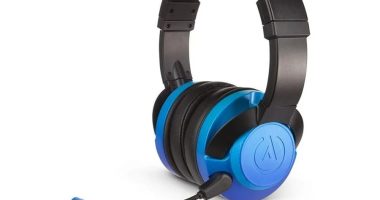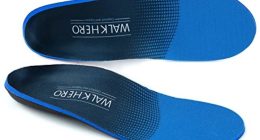FOR the first time, astronomers have spotted an asteroid orbited by not one, not two, but THREE moons.
The space rock 130 Elektra, or Elektra for short, was already known to have a pair of satellites, but researchers have now uncovered a third.
Located in the asteroid belt between the orbits of Mars and Jupiter, the 200km-wide celestial oddity was discovered in the 19th Century.
It’s been the subject of frequent observations ever since, leading to the detection of a companion moon in 2003, followed by a second in 2014.
Astronomers unearthed the third while pouring over data from the European Southern Observatory’s Very Large Telescope in Chile.
Anthony Berdeu of the National Astronomical Research Institute of Thailand took a fresh look at the observations – also from 2014 – using a new data-processing algorithm.
As well as confirming the two previously known moons, his findings showed the faint signs of an additional moon hiding in plain sight.
It makes Elektra the busiest asteroid system found to date while presenting an opportunity to shed light on how such systems emerge.
“The discovery will help astronomers understand how these satellites form,” the European Southern Observatory said in a statement.
It will also “provide crucial information about planetary formation and evolution of our own solar system,” the observatory added.
The newly discovered moon, named S/2014 (130) 2, is the smallest of the trio, measuring just 1.6 kilometres across.
It is 15,000 times fainter than Elektra in images of the asteroid system captured by astronomers.
Of the two remaining moonlets, the largest, s/2003 (130) 1, is just six kilometres across and orbits Elektra at a distance of 1,300 kilometres.
The middle sibling, on the other hand, is two kilometres across and circles its host from a distance of about 500 kilometres.
The experts noted in a research paper about their findings that, although asteroid moonlets are not rare, they’re difficult to spot.
Until now, just over 150 asteroids have been found to have smaller satellites caught in their gravitational pull.
That’s a pretty small number considering that more than 11,00,000 asteroids have been discovered so far.
The asteroid belt is full of ancient and unusual space rocks.
Scientists say their origins reveal the building blocks of the earliest rocky planets.
In other news, a British woman has told of her horror after scammers used photos of a “silver fox” politician to trick her out of £80,000.
Norfolk County Council is suing Apple over what it says was misleading information about iPhone sales.
The creators of a chilling new horror game say that the title is so disturbing they’ve been forced to censor it on PlayStation.
And, Apple has announced updates to AirTags following claims that the coin-sized tracking devices are being used to stalk people.
We pay for your stories! Do you have a story for The Sun Online Tech & Science team? Email us at [email protected]
This post first appeared on Thesun.co.uk













